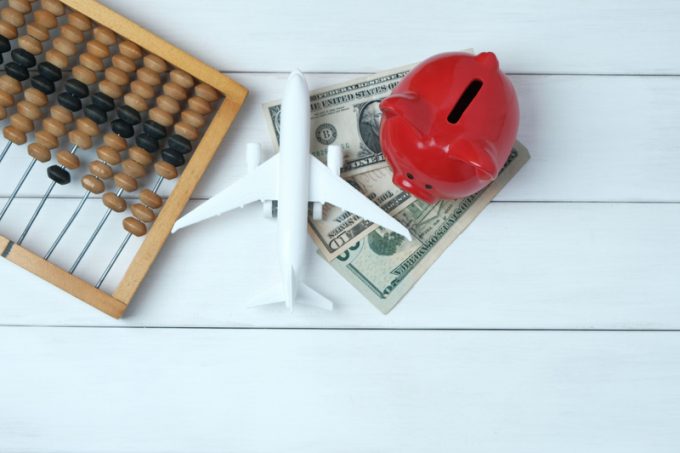Australia's cold freight carrier Don Watson goes under – internal memo
Lyndon Watson, managing director of Don Watson Pty Ltd – one of Australia’s leading providers ...

Airlines are counting on Covid-19 vaccine distribution to save them next year, according to IATA, but the industry should expect more carrier failures in the first half.
Revenues are expected next year to be about 50% of those in 2019, with losses across the industry of ...

Comment on this article